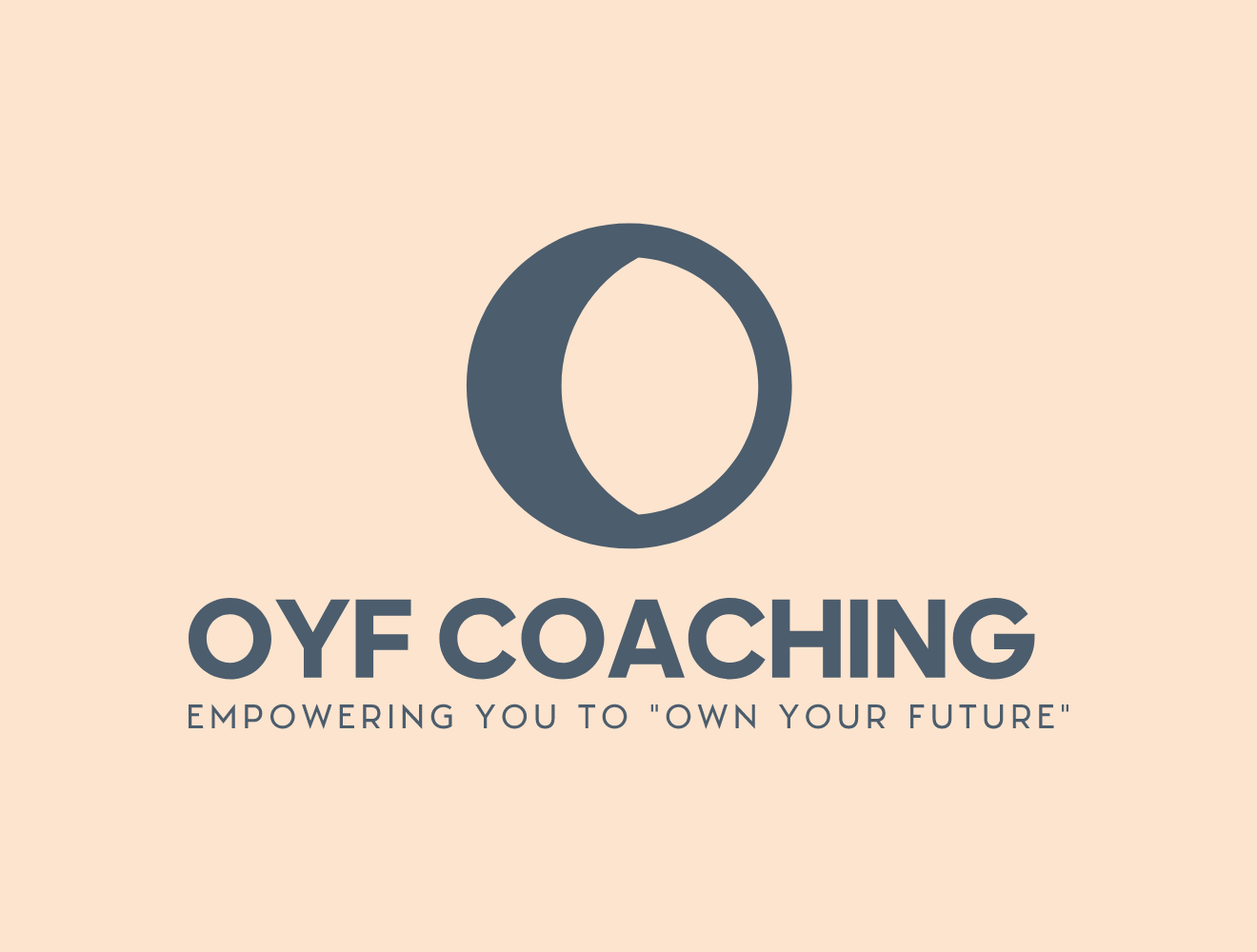What Coaching Is and Isn't
Coaching is a powerful tool for personal and professional development, but it's often misunderstood and confused with other similar practices. In this article, we'll delve into the essence of coaching, clarifying what it is and what it isn't.
Definition of Coaching by ICF
The International Coach Federation (ICF) defines professional coaching as “partnering with clients in a thought-provoking and creative process that inspires them to maximize their personal and professional potential. The process of coaching often unlocks previously untapped sources of imagination, productivity and leadership.”
What Coaching Is
Coaching is fundamentally a relationship between a coach and a client, which can be an individual or a team. The central goal of coaching is to empower the client to achieve their objectives and maximize their personal and professional potential. Here are some key aspects of what coaching is:
Client-Centered: In coaching, the client sets the agenda and defines their goals. The coach does not impose solutions or prescribe actions. Instead, they facilitate the client's thinking and self-discovery.
Support and Challenge: Coaches provide support and challenge in equal measure. They create a safe space for clients to explore their thoughts and feelings while also pushing them to step out of their comfort zone and grow.
Accountability: Clients are held accountable for their actions and decisions. Coaches help clients take ownership of their progress and hold them responsible for the outcomes.
Sustainable Growth: Coaching aims for sustainable growth beyond the coaching relationship. It equips clients with the skills, tools, and self-awareness needed to continue their development independently.
Future-Focused: Coaching is future-oriented, emphasizing action, goal attainment, and creating a vision for what the client wants to achieve.
Various Specializations: Coaching comes in various forms, such as life coaching, executive coaching, leadership coaching, team coaching, and more. Each specialization tailors coaching to specific needs and objectives.
What Coaching Isn't
To understand coaching better, it's essential to clarify what it isn't by distinguishing it from other practices:
Not Consulting: Consulting involves experts diagnosing problems and providing solutions. In coaching, clients are seen as experts in their context, and coaches support them in finding their solutions rather than offering direct advice.
Not Mentoring: Mentoring is a relationship where a more experienced individual provides guidance and advice to a less experienced one. In coaching, the focus is on the client's self-discovery and growth, not on the coach's expertise.
Not Therapy or Counseling: Therapy addresses emotional pain, conflicts, and past issues, aiming to improve psychological well-being. Coaching, in contrast, is future-focused, concentrating on actionable outcomes and personal or professional development rather than healing.
Not Training or Teaching: Training and teaching involve imparting knowledge and skills to the learner. Coaching assumes that clients already possess the necessary knowledge and focuses on helping them apply it effectively to their goals.
Why Clarity Matters
Bringing clarity to what coaching is and isn't is crucial for establishing a strong coaching relationship from the outset. Without clear expectations, misunderstandings and unmet goals can derail the coaching process. Clients need to understand that coaching is about self-discovery, growth, and taking ownership of their progress.
In summary, coaching is a client-centered, future-focused relationship that empowers individuals or teams to maximize their potential and achieve their goals. It is distinct from consulting, mentoring, therapy, training, or teaching. Clarity about these distinctions ensures that coaching remains a valuable tool for personal and professional development.
